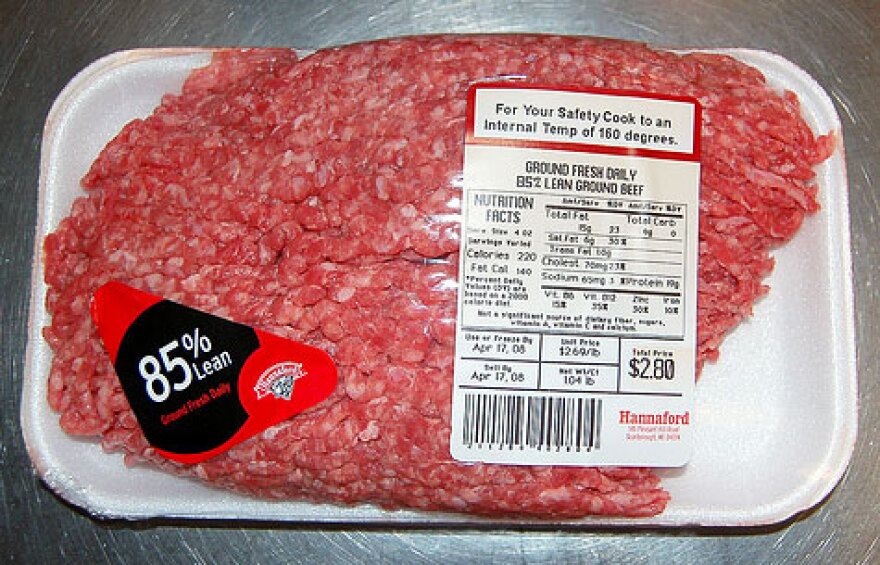The USDA’s amended Country of Origin Labeling, or COOL, rule will require packers and retailers to include more information on labels on beef, pork, lamb, chicken and goat meat, specifically where the animal was born, raised and slaughtered. Currently, labels only require companies to include where the animal was born.
Companies are also now barred from commingling cuts of meat from animals of different origins, which could make it easier to trace contaminated products. The USDA estimates these labeling changes could cost more than 7,000 companies up to 192 million dollars. That’s alarming to Colin Woodall of the National Cattlemen’s Beef Association.
"We are very concerned about the cost of implementation because any time you have costs that are added to the processing, the packing or the retail sector of our industry, it’s typically not passed onto the consumer, that’s typically passed back to the cattle producers," Woodall said.
But Roger Johnson of the National Farmers Union, which represents smaller farmers and ranchers across the country, supports the USDA’s move.
"We believe that consumers want to know where their meat comes from in particular," Johnson said, "and that they have a right to know.
The USDA changed the rule because the World Trade Organization decided that current mandatory labeling requirements violate international trade law. Although the USDA’s amended COOL rule is already in effect, it could be months before consumers see new labels in grocery stores. That’s because companies can use their pre-printed labels until they run out as long as more detailed information is provided to consumers via other means, like through signs in their grocery stores.


